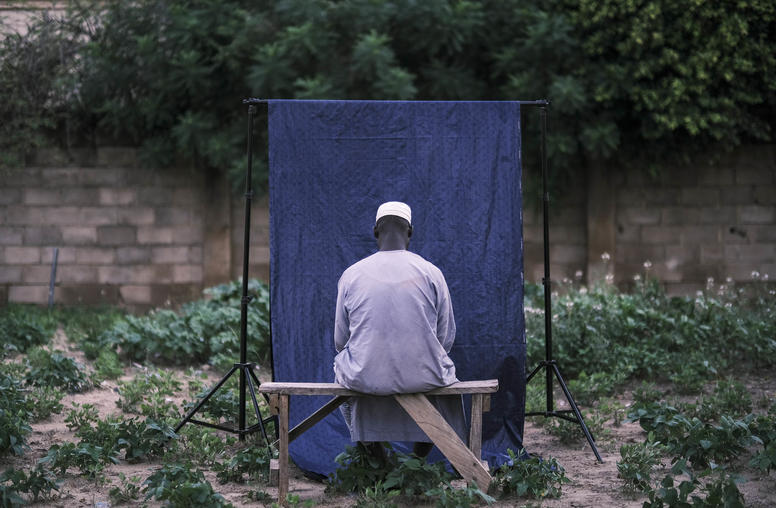Responding to the Present Crisis in Nigeria
Public Workshop
In recent weeks, Nigeria has been the scene of violent confrontations between Muslim and Christian groups occasioned by the publishing, initially in Denmark, of caricatures of the Prophet Muhammad. At the same time, Nigeria's oil-rich southern delta region has been the scene of attacks by militants against oil installations and the kidnapping in February of nine foreigners.
The Movement for the Emancipation of the Niger Delta claims to be retaliating for Nigerian military attacks on its communities and protests exclusion from the developmental benefits of oil revenue. Yet the issues are more complex. Another dimension of the crisis revolves around the run-up to Nigeria’s presidential elections in 2007. Rumors persist that Nigerian president, Olusegun Obasanjo, is seeking a revision in the country’s constitution to permit another term in office.
Speakers
- Dr. Olayiwola Abegunrin
Howard University - Dr. Darren Kew
University of Massachusetts - Dr. John Paden
George Mason University - David Smock, Moderator
United States Institute of Peace



